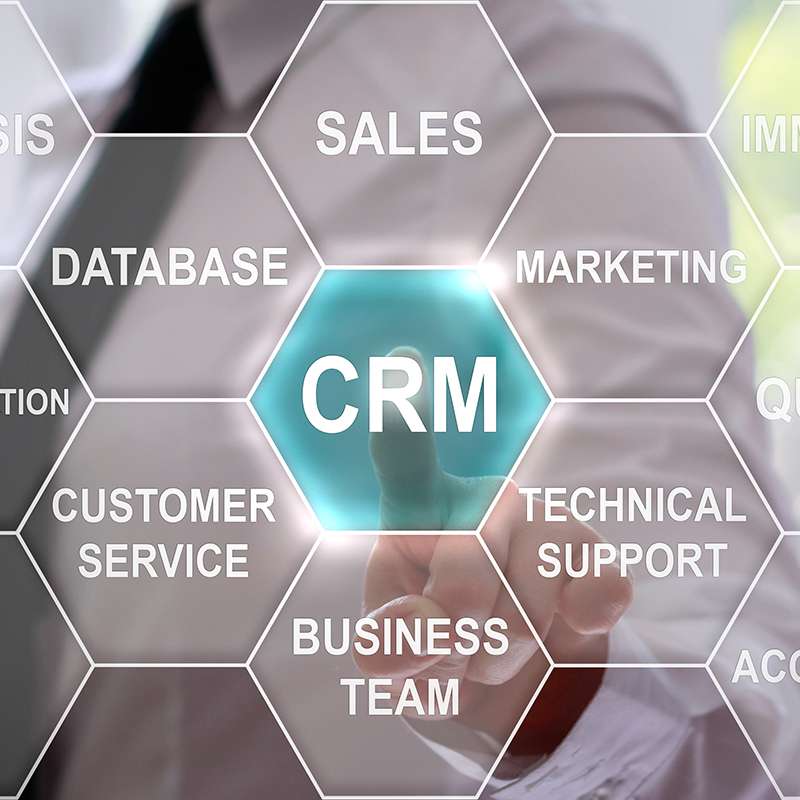Customer relationship management (CRM) technology is fundamentally a tool that allows businesses such as yours to capture, monitor, and improve relationships with current and potential customers. Ultimately, your CRM will help you grow your business by nurturing relationships using streamlined and automated processes including contact data management, lead generation, marketing and communication, and so much more.
So then, how can a CRM help you with customer retention?
Certainly, a CRM can improve team productivity and efficiency because it represents a central location for customer data that everyone on your team can access. Hopefully, this also relates to improved sales. But one of the hidden benefits of a CRM is the technology’s ability to support customer retention. As you already know, customer retention involves keeping customers loyal to your company. CRMs can enhance customer relationships and thereby loyalty – indeed, loyal customers drive revenue not only through their own interactions with your business but also by promoting your business to others.
An excellent CRM impacts customer retention in three key ways – improved customer service, personalized marketing, and engaging communication. As a CRM keeps your customer data organized in a central location, you can easily access the information you need. With that in mind, a good CRM will hold a great deal of valuable information beyond contact information including your customer’s history and interactions with your business. For example, if customers have had either positive or negative interactions with your company, a CRM can help you gain a snapshot of these interactions so you can refine your customer service approach for improved retention.
Customer Retention with a CRM
Personalization in marketing is incredibly important and a CRM provides tools that help you better understand each of your customers including their past behaviour, their likes and dislikes, and any challenges they have faced. One of the key principles of marketing is ‘know your audience.’ With a CRM you have a tool that allows you to know your audience at the individual level so that you can offer them the most relevant information, products, or services based on real world data about their real world behaviour.
Next, your CRM should enhance customer retention through improved communication. A CRM allows you to track individual data on your customers so that you not only know what they like but also how they like to receive communication. Your CRM can also help you understand which communication strategies have been most effective so you can adapt as your business grows. So, not only does your CRM make it easy to deliver personalized content, but it also helps you to identify your most successful communication channels and to how to reach each of your customers through their preferred channels.
Perhaps the most powerful characteristic of a good CRM that weaves through all your business and marketing endeavours including customer service, brand messaging, and engaging content is automation. Today’s most advanced CRMs automate many processes including communications that nurture customer retention. Using artificial intelligence (AI), the most advanced CRMs can help you customize messages to customers, nurture future business through automated appointment bookings, and even respond to customer concerns. For example, since your CRM is a central repository for all customer interactions, you can quickly and easily develop automated responses to commonly asked questions.
CRMs also allow for automated targeting of marketing messages through various media channels. In other words, a CRM is a tool that stores rich customer data and allows for automated interactions with customers so that you can easily interact with your customers in personalized ways that ultimately enhance customer retention.

